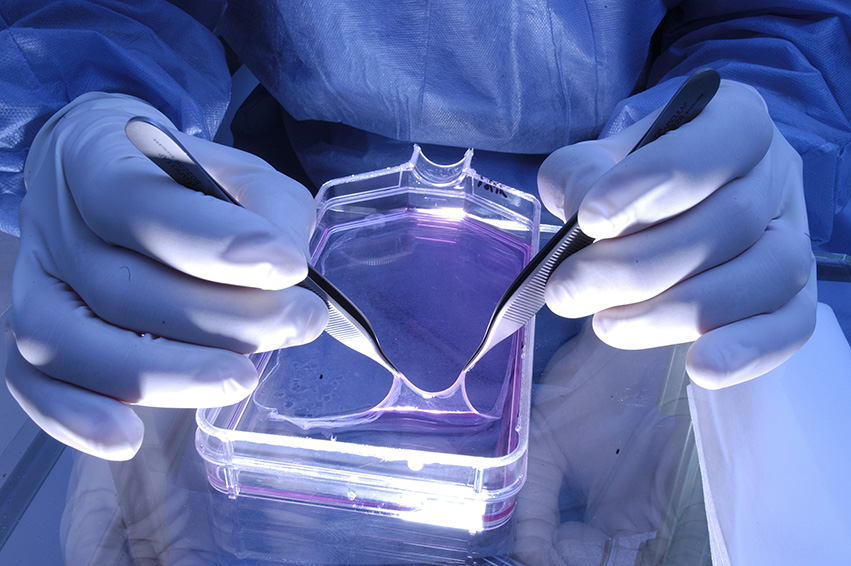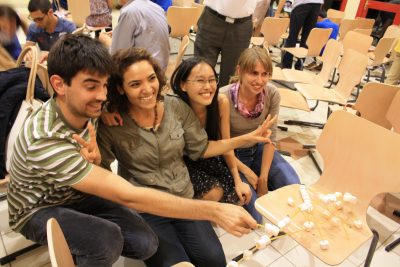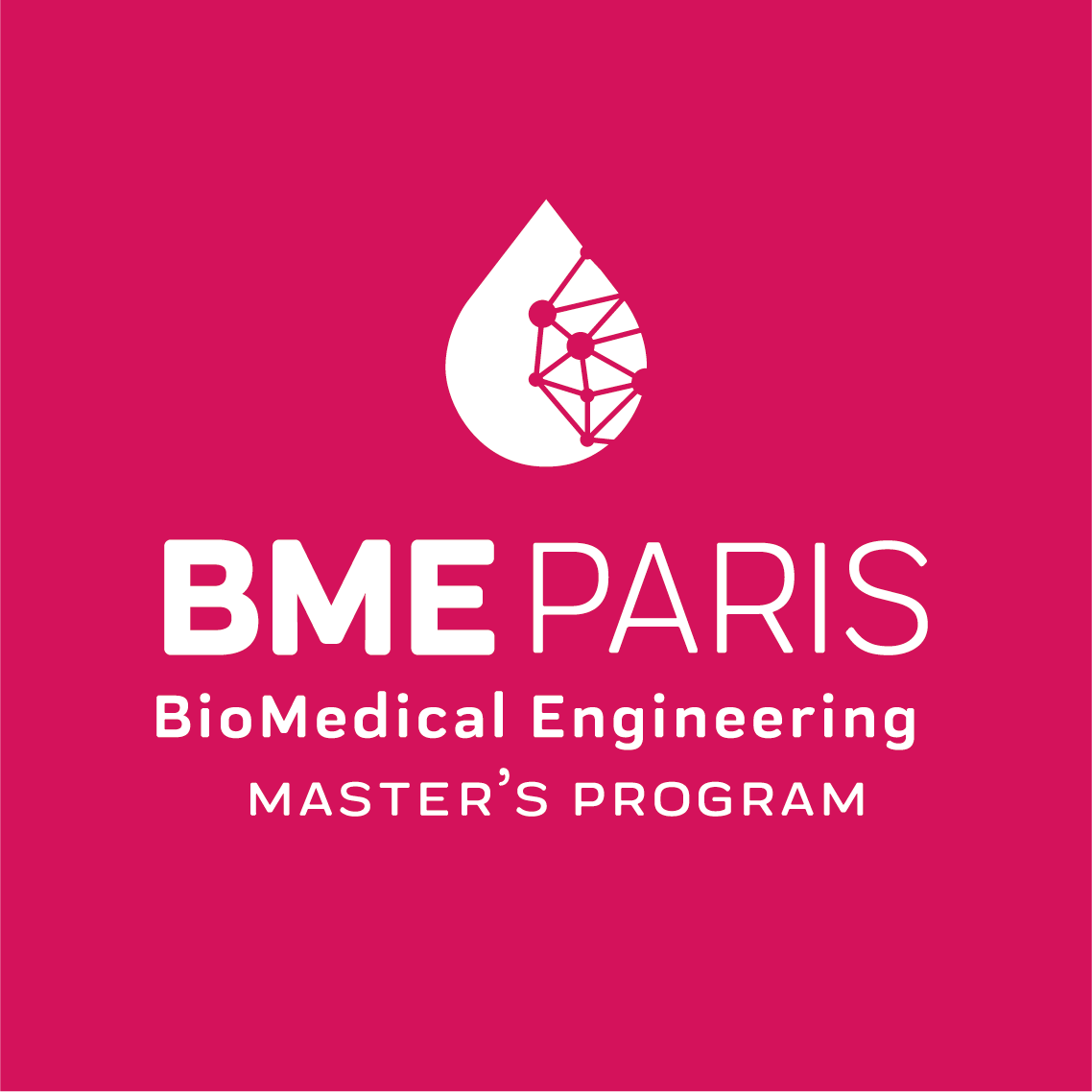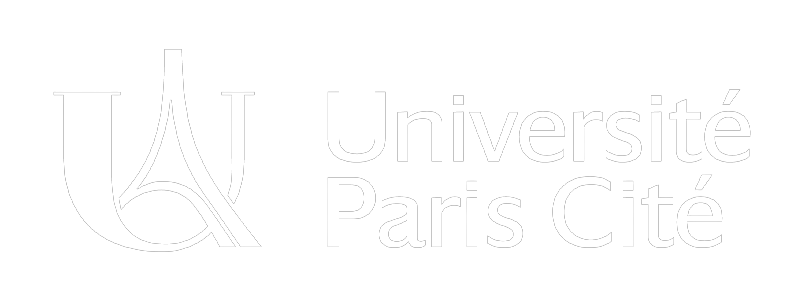BioMaterials and BioDevices
BioMaterials and BioDevices (BioMAT)
Biomaterials research and development currently not only encompass, but extend far beyond the field of prosthetics design. Most biomedical technologies rely today on the design of materials and complex devices able to interact in controlled and specific manners with living systems. The application scope is extremely challenging and diversified including tissue engineered products for regenerative medicine, miniaturized devices for diagnosis as well as model bioactive materials for biomedical research.

The BioMAT track provides scientists, engineers, and medical students with the wherewithal to face the numerous challenges of biomaterials and biodevices R&D; how to carry out innovative and fruitful research with the appropriate methods and ethical considerations, how to collaborate and interact in projects at the interface among materials and biomedical sciences, and medicine. It is accessible to engineering and life-science students (materials science, physics, chemistry, medicine, pharmacy, dentistry, and biology) preparing for career paths in academic research or industrial R&D environments.
The program relies on a rich combination of high-level lectures, conferences and exchanges with invited experts and interdisciplinary group projects. From all these experiences, the students will learn how to apply their skills on health-related applications ranging from implant and tissue engineering through the modelling and characterization of biological materials to the design of devices for diagnosis.
Course Selection
For Semester 3: Besides the BME conferences and interdisciplinary week, the BioMAT program starts with a set of four core teaching units providing a broad overview of state-of-the-art knowledge of biomaterials science, as well as anatomy and research methodology. These units are completed by upgrade courses in biology or mechanics to be chosen depending on the initial background. In-depth focus on biomaterials research is developed in a syllabus of ten teaching units. Each student selects a set of at least four teaching units: two from the set “General concepts for biomaterials and biodevices design” and two from one of the subtracks “Tissue reconstruction and regenerative medicine” and “Nano- and micro-systems medicine”.
For Semester 4: Two units put the training in a broader perspective with a business plan workshop and a lecture on ethics. Most of the semester is then devoted to the research internship which lasts between 5 to 6 months.
Additional courses can be chosen. A pedagogical commission of lecturers and researchers assists students and helps them to devise a personalized program consistent with their individual backgrounds and professional objectives.
Semester 3
Semester 4
Mandatory courses
Interdisciplinary week 3 ECTS
Research Methodology 3 ECTS including:
Clinical immersion
English for science
Bibliographic search
Practical training: hands on state-of-the-art tech 3 ECTS
Fundamentals in biomaterials science 3 ECTS
Anatomy of the musculo-skeletal system 3 ECTS
Upgrade courses
3 ECTS to be picked among
Basics in cell and tissue biology (Biology I) 3 ECTS
Advanced cell and tissue biology (Biology II) 3 ECTS
Basics in continuum mechanics (Biomechanics I) 3 ECTS
Modeling and simulation in biomechanics (Biomechanics II) 3 ECTS
General concepts for biomaterials and biodevices design
6 ECTS to be picked among
Biointerfaces 3 ECTS
Cell mechanics, adhesion and motility 3 ECTS
Soft cell:substrate interactions 3 ECTS
Sub-track: Tissue reconstruction and regenerative medicine
6 ECTS to be picked among
Principles in tissue engineering 3 ECTS
Cardiovascular repair 3 ECTS
Osteoarticular repair 3 ECTS
Clinical applications in tissue engineering 3 ECTS
Sub-track: Nano- and micro-systems for medicine
6 ECTS to be picked among
Biosensors for medical diagnosis 3 ECTS
Miniaturized devices for diagnosis 3 ECTS
Chemistry for bioimaging 3 ECTS
Mandatory courses
Business plan workshop 3 ECTS
Ethical aspects of biomedical engineering 1 ECTS
Research internship 26 ECTS





